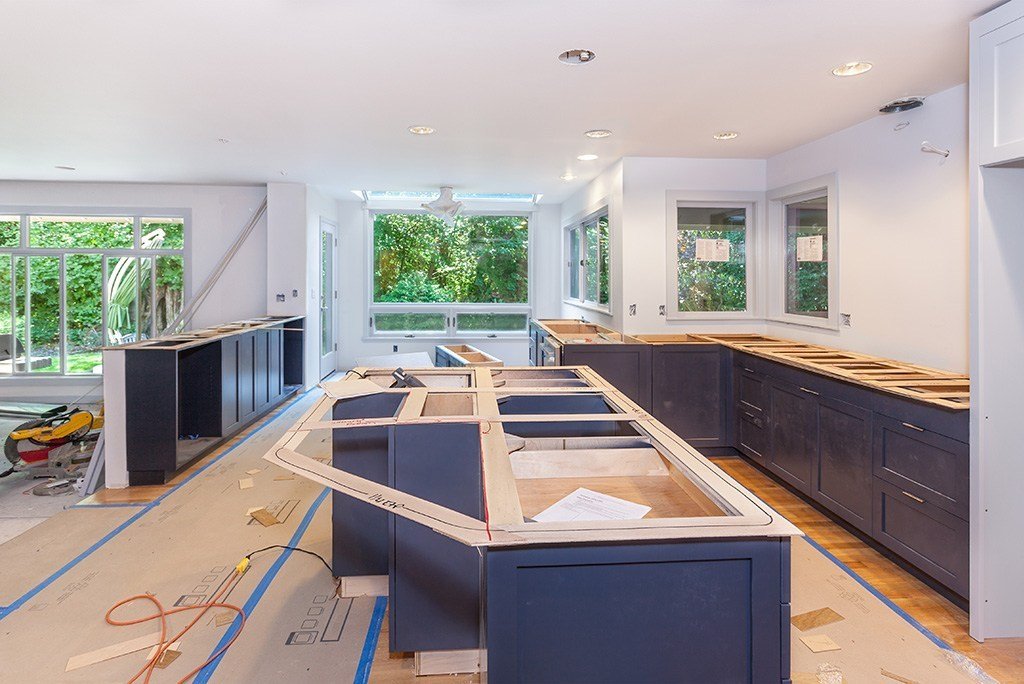Home remodeling is on the upswing: according to new research, more Americans are now choosing to remodel their current homes rather than relocate to a new property altogether. Major home renovation is a hassle, but a big plus for families looking to stay in the same school district and avoid the pressure of buying and selling on the real estate market. When executing your dream improvement project, careful planning can help your family avoid common pitfalls associated with renovating, saving you money and enabling a smoother transition into your newly remodeled home.
Funding Home Renovations
Home improvement is expensive business: the US, the average cost of home renovation reached $41,773 in 2018, although that figure obviously depends on the scale of the project and its location. In most cases, families looking to get a loan for their home improvement project qualify under personal loans from their bank or other lender. However, older families may be able to tap into home equity to cover the expenses of renovation. Think of home improvement as a financial investment: by renovating, you are not only boosting your property’s value on the market, but also creating a space for your family to unwind more comfortably.
Insist On A Written Contract
If you’ll be hiring a contractor or professional service for your home renovation, insist on a clear, written contract with a firm timeline for meeting the proposed changes. This will lay out all the expectations of your renovation while putting your timeline into hard writing. Of course, sometimes delays in a construction project are inevitable, but having a concise timeframe is a big advantage in the event of unanticipated complications. In most cases, the responsibility for overseeing the logistics of a home renovation falls on the shoulders of the homeowner: this means that you will be responsible for liaising and negotiating with various professionals services to complete the project. Keep written records of all documentation and be sure to ask for receipts from your contractor, which are sometimes needed for tax purposes.
Only DIY What You Know
In some instances, you may not need professional services or intend to DIY the major aspects of your home renovation. This can save you lots of money, but it’s important that you’re comfortable and assured of your abilities before taking on a DIY project. It can quickly become the more expensive option if you botch your DIY improvement and need to call in a contractor to remedy the situation. That said, DIY is an excellent option for minor home projects, such as painting, furniture refinishing, or for individuals with a trained skill looking to redesign their home. It’s also a good opportunity to teach your children the ins and outs of basic home servicing, so that they are more equipped to complete small tasks and understand the time that goes into keeping your house running.
Home renovation is daunting, but the ultimate goal is to enable more comfort and space for your family. By strategizing carefully, your family can minimize complications and achieve their home living dreams without the hassle of relocating.




















